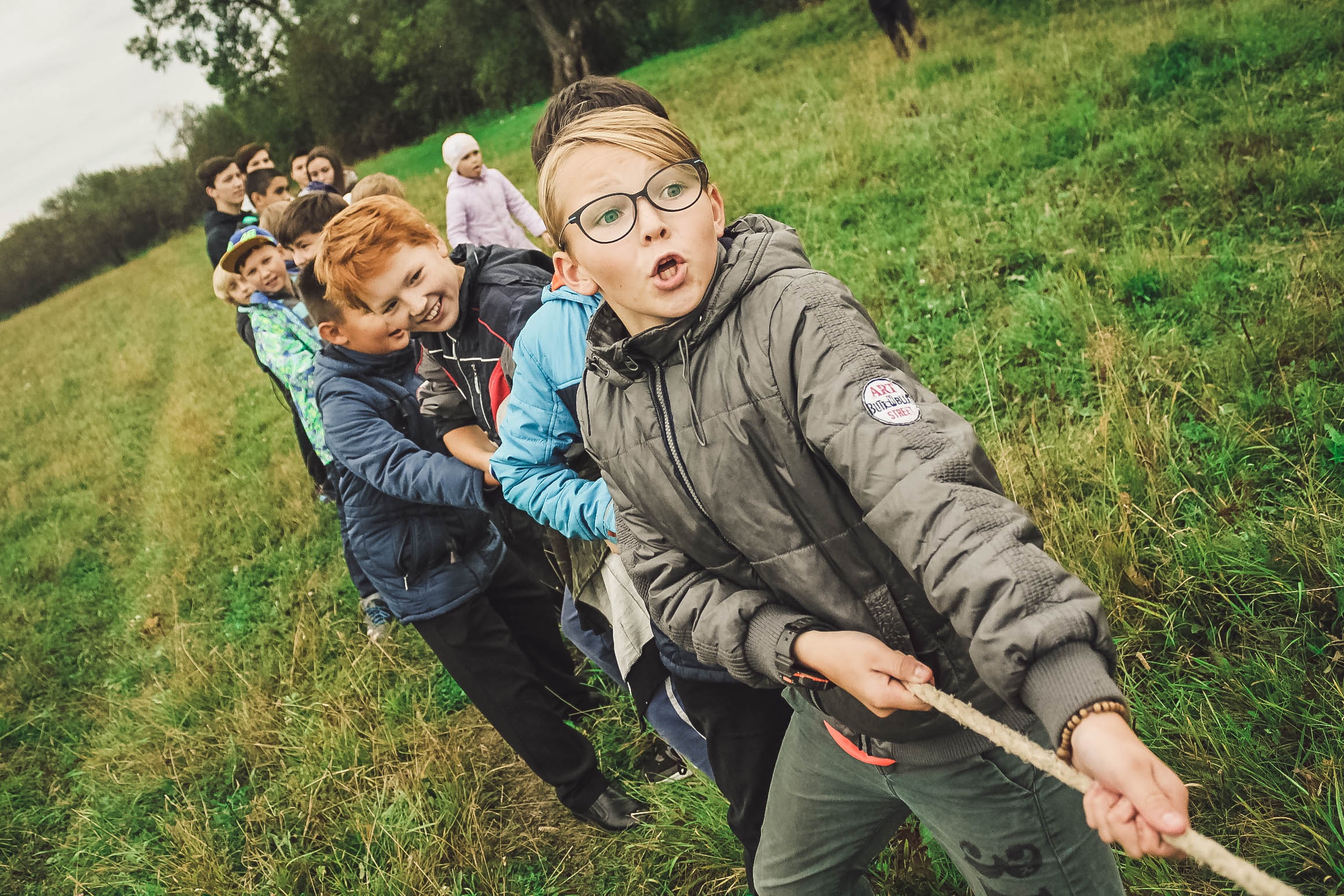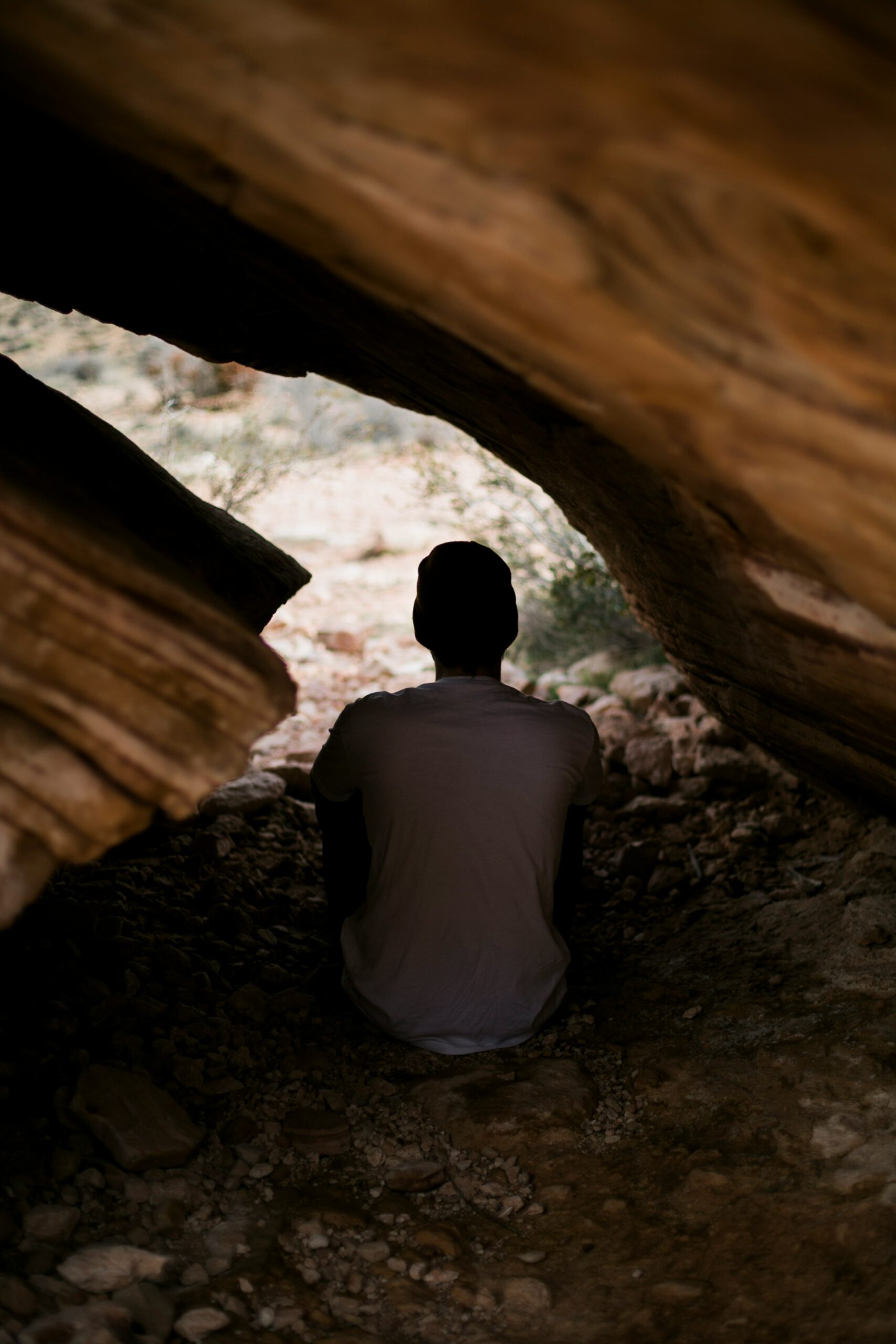School will be out of session in just a few short months, and children of all ages will be on their way to summer camp. Many great childhood memories stem from summer camp. It is a great way to get children out in a structured environment where they can have safe fun. So many summer camps are available; it may be silly to start thinking about it already, but camps fill up fast.
While summer camp can be so much fun, many children have anxiety revolving around the thought of going to camp. Also, some children may not have experienced an overnight camp and fear going. Remember, having some anxiety is okay. However, if the anxiety is overwhelming, making life difficult, or even debilitating, it may be good to have your child talk with a therapist. Explain to your child they aren't the only ones who might have anxiety around camp, but avoiding going isn't healthy. Avoidance can become an unhealthy coping mechanism that may feel good at the moment, but later, it could cause other problems such as:
- Missing out on things
- Creating more intense anxiety related to social events
- A Pattern of avoiding things
- Feeling left out or isolated

You aren't the first parent worried about sending their child to an overnight camp, and you won't be the last. You may feel overwhelmed by your child's concern about going to camp. On the other hand, you know the benefits outweigh the cons, and your child could have a blast trying new experiences that the camp offers. Here are some things you can do to decrease your child's worries while helping them overcome the fear of going away to camp.

Empathize with your child.
Let them know you understand what they are saying and that feeling a little worried about going to camp is okay. Normalize their feelings by letting them know other kids share the same worry. Help your child find ways to ease the worry. Don't shame them by calling them a "baby" or saying, "Everyone goes to camp."
Prepare them ahead of time
Going out in nature will reduce screen time and build new friendships.
Practice
Have overnight opportunities with friends or family.
guided imagery
Do a guided imagery of what being at camp overnight may look like.
Build their confidence
Build their confidence and self-esteem through verbal praise. Act excited when they stay nights away from home.
Don't let them see your worries
Worrying can be contagious, and children can pick up on their parents' worrying
Send care packages
Send care packages while they are at camp to let them know you are thinking about them.
Plan a reward
Plan a reward such as ice cream or a family movie/game night when you pick them up from camp to give them something to look forward to.
Staying overnight somewhere with strangers at camp can feel uncomfortable to some people. Allowing your child to express their feelings while encouraging them to step out of their comfort zone could open new doors and opportunities for your child. It also could teach your child to face their fears and set them up for success when trying new things if they take the plunge and jump into summer fun at camp. If your child is still getting ready for an overnight camp, many camps offer daytime experiences.
Some children may feel uncomfortable going to camp alone. Meeting new people or not knowing anyone at the camp could be scary. However, don't let this keep you from sending your child to camp. They may make great friends and have fun-filled experiences that last a lifetime.
Camps recognize that some children may feel nervous about going to camp, and they are trained to help kids feel included. Another strategy could be talking to your child's friend's parents/guardians to see if they could have a buddy or buddy sign up for the same camp. Having the buddy system when signing up for camp could make the experience less scary and exciting.
Allow your child to look at the various camps to sign up for. Let them choose one or a few, depending on your family budget. Make your child a part of the experience; it may make them feel they have a choice in the camp, making it more enticing. Have your child help pack for camp or shop for essentials needed, making them take ownership of the camp experience. Let your child talk about how they feel going off to camp and what they are excited about or worried about. Open a dialog with your child, which allows them to pull the words they feel inside and get them out. When talking to your child about camp, let them know you hear their concerns and can see their excitement, but encourage them to step out of their comfort zone by not enabling them when they say, "I don't want to go to camp because it is too scary" and then letting them stay home. Enabling them could set them up for future failures

Remember, anxiety and worry about going to camp doesn't mean your child has an anxiety disorder; it is developmentally appropriate to have some fear or worry. Consider attending camp a developmental milestone, setting your child up for college and beyond. Feeling worried about new experiences is normal, and trying new things can be intimidating, but would your child feel the rewarding benefits of getting their feet wet in new waters instead of regretting not going and having the experience?
Remember, anxiety and worry about going to camp doesn't mean your child has an anxiety disorder; it is developmentally appropriate to have some fear or worry. Consider attending camp a developmental milestone, setting your child up for college and beyond. Feeling worried about new experiences is normal, and trying new things can be intimidating, but would your child feel the rewarding benefits of getting their feet wet in new waters instead of regretting not going and having the experience?
